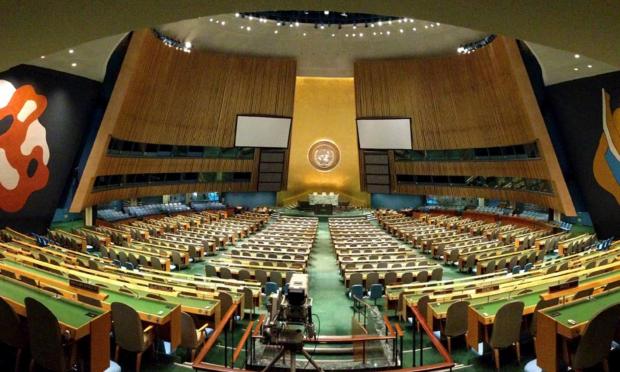What are all these global organizations of financial control and lending to entire countries preparing, and what does all this have to do with the outbreaks of war on the planet?
Global economic governance is reportedly being prepared by the G-20 and the IMF together with the World Bank, on the occasion of the collapse of the American bank that granted loans to start-ups in Silicon Valley.
As authoritative foreign media reports, just last month, on the sidelines of the meeting of the Finance Ministers and Central Bank Governors of the G20 nations in Bangalore, India, and in conjunction with the IMF, which gathered representatives of the G7, (China, India , Saudi Arabia and) together with the World Bank, terrible decisions were made "to solve the problem of the global public debt".
There at this meeting, the G7's demand that sovereign creditors work together with private creditors fell on deaf ears.
China, which is the largest external creditor (most countries on the planet owe money to the Chinese), owning 35% and 20%, respectively, of the total external debt, insisted that institutions such as the World Bank should take a haircut, which of course the Bank did not accept
Resolving the global debt is an important example of the kind of international policy cooperation needed to prevent global economic fragmentation, which includes China.
A good starting point would be to align China's incentives with those of other bilateral creditors, multilateral institutions and the private sector.
More generally, the G20 countries are seeking common ground among global actors, aiming to strengthen political cooperation in areas with the broadest consensus and least scope for political tension.
For example, a coordinated initiative could be launched to create a global digital platform for international remittances that would allow migrants around the world to send money home safely and without abusive fees.
Multilateral mechanisms are needed to prevent unilateral action from producing international spillovers and deepening economic fragmentation
"As digital currencies and new platforms become available for settling cross-border payments, countries' national security concerns, domestic economic goals, the need to build buffers against geopolitical shocks, and pure economic competition will encourage them to adopt these new systems as a means of reducing their dependence on the US-dominated financial system.
Financial fragmentation will be entrenched and financial risk management will be significantly weakened," says Paola Subacchi, Professor of International Economics at the University of London.
But this is an estimate, since the plans of the West (USA-EU Canada-Australia) lead with mathematical precision to other economic models, hyperconcentration of powers and frontal conflict with the East, that is Russia, China and India.
On the occasion of the inconceivable global debt (public and national), huge changes are being launched, which have to do with the overconcentration of powers by organizations, which will replace states, associations of states, making decisions on the economic policy of dozens of countries and hundreds of millions of citizens .
The beginning for this model of economic governance was made in 2008, and continues to this day.
This plan conflicts with the interests of Russia-China, while we have the war in Ukraine, tension in Taiwan, and in other parts of the world such as Iran.



